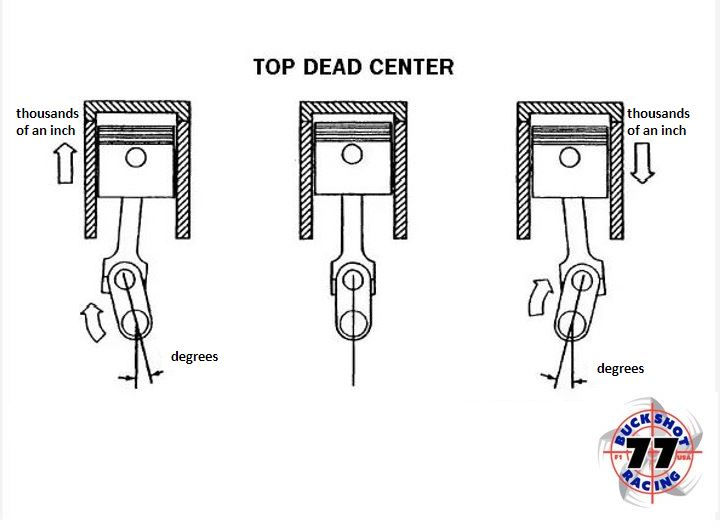Timing Advance, Idle, Detonation Modules, Mercury V6 2-Stroke
- Mike Hill
.JPG/v1/fill/w_320,h_320/file.jpg)
- Apr 20, 2025
- 3 min read

This technical guide outlines the basic function, application, and service considerations for key ignition-related modules used in Mercury 2-stroke outboard engines, including both EFI and carbureted models.
Specifically, it focuses on 1) the spark advance module (93772A1 and variants), 2) detonation control module (825164 and 14856A3), and 3) the idle speed control module (87076A6 series).
These components play critical roles in timing management, detonation prevention, and idle stability across various engine families, including 2.0L, 2.4L, and select 2.5L V6 models. Understanding each module’s purpose and compatibility is essential for accurate diagnostics and maintaining optimal engine performance.
The Mercury spark advance module 93772A1 is an ignition control component used in various 2-stroke Mercury outboard motors, specifically across the 2.0L and 2.4L engine families. Compatible part numbers include 93772A2, 93772A3, 93772A5, 93772A7, 93772A8, and 93772A11. This module was installed on models such as the Mercury XR2, XR4 / Magnum II, XR6, V-135, V-150, V-175, and select early 2.5L V-200 EFI engines.
The module operates by altering bias voltage to the switchbox, electronically advancing or retarding ignition timing depending on engine RPM. It advances timing below 600 RPM to help stabilize idle and provides up to 6 degrees of advance above 5000 RPM.
Around 5700 RPM, the module retards timing by approximately 4 degrees to reduce the risk of over-revving.
This is the basis for the Buckshot Racing #77 custom race timing modules, both the Cherry Bomb and Plus 3 Boost Box.
This module was commonly used on 2.4L carbureted and EFI engines, including the Bridgeport EFI, and in limited early applications of 2.5L EFI models. Compatibility should always be confirmed using engine serial numbers or official Mercury documentation.
The 93772A1 and its related variants are no longer manufactured and are known to degrade over time.
Symptoms of failure include erratic idle, hesitation during throttle response, or diminished top-end power. If diagnosed as faulty, the module can be removed and ignition timing manually adjusted to factory specifications. Many engines from this era operate reliably without the module when properly timed.
In contrast, the Mercury detonation control module—part numbers 825164 and 14856A3—is designed to protect high-performance engines from pre-ignition or knock. It functions by detecting detonation through cylinder vibration and temporarily retards ignition timing to prevent engine damage. This module operates reactively, unlike the proactive behavior of the spark advance module.
The detonation control module is used in Mercury 2.5L EFI models such as the 150 EFI Pro Max, 200 EFI Pro Max/Super Magnum, V-150 (MAG/EFI), V-150XRI (EFI), V-175 (SKI and MAG/EFI), V-175XRI (EFI), V-200 (MAG/EFI), V-200XRI (EFI), and the V-220 Laser (EFI), typically producing between 150 and 220 horsepower.
These engines use digital ECU systems and aggressive timing curves. The detonation module is considered essential for engine protection and should not be removed unless replaced by a compatible ECU system.
Another related component is the idle speed control module, part number 87076A6 and variants 87076A1 through 87076A9. This module regulates idle speed on EFI-equipped V6 engines by interfacing with the ECU and throttle position sensors. It maintains consistent idle under load changes—such as during gear shifts or in rough water—by adjusting air and/or fuel delivery at low RPM.
The idle speed control module was used in mid-to-late 1990s Mercury EFI outboards, including the 175 EFI, 200 EFI, and various Pro Max models. A failing module may cause surging, inconsistent idle, or stalling. These modules are also discontinued. If diagnosed as defective, they typically require replacement. Removal is not recommended unless replaced by a programmable or aftermarket ECU.
In all cases, verifying part compatibility using engine serial numbers and consulting official factory documentation is essential. A full understanding of the function and integration of the spark advance, detonation control, and idle speed control modules is critical for ensuring proper ignition timing, drivability, and performance in Mercury 2-stroke outboard motors.








Comments